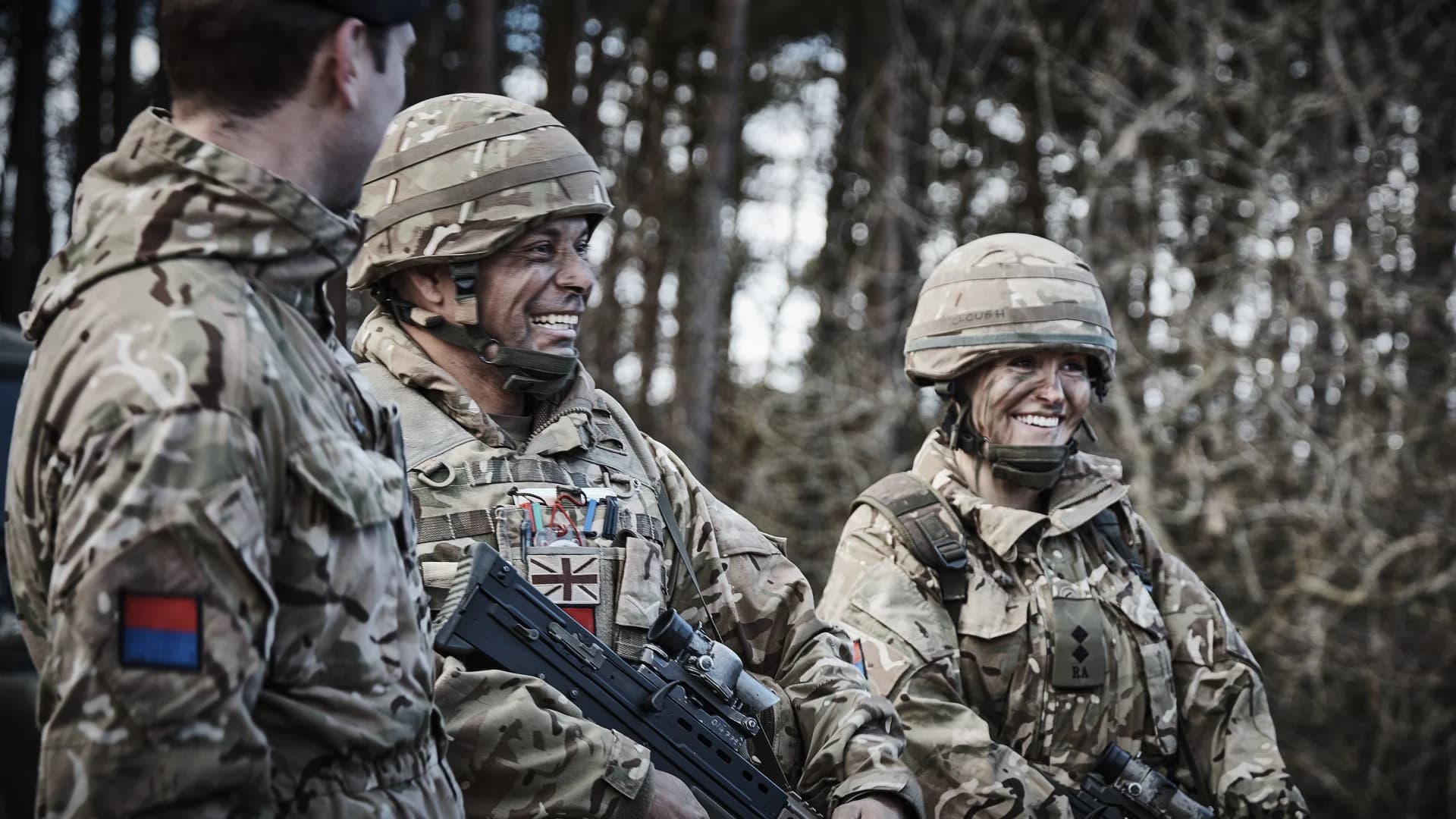
What is the full process of becoming a pilot in the Army? I'm about to start college to get my A levels.
Additional information
The order of aptitude testing and officer training etc and how long the whole process takes including service time? Thanks
Calum K. asked a question to British Army
Category: Role Description
Date asked: Saturday, December 21, 2019
Last reviewed: Monday, December 30, 2019
Madeline J.
Wildcat Pilot
Hi Calum, thanks so much for getting in touch.
There are two ways to be a pilot in the Army Air Corps; either as a soldier or an officer. Since you've mentioned the officer route I'll focus on this. As an Army pilot you have a compulsory return of service of 6 years upon completion of training.
Firstly, for flying specifically you need to pass a three stage selection process: firstly, the aptitude testing; next, an aircrew medical; finally, Grading (a 4-week course where you are taught the basics of flying a fixed-wing aircraft).
Secondly, for officer training you need to successfully complete the Army Officer Selection Board which is a two-stage process. There are plenty of details about this on the Army website but passing it will enable you to go on and train at the Royal Military Academy Sandhurst as an officer.
There is no set order for completing these two stages however I would recommend starting your aptitude tests before Sandhurst to give you more time to complete the process. You can get in touch with the AAC recruiting team via the British Army website to get this ball rolling.
Finally, timings. My experience is as follows:
2013- Aptitude, medical, Grading
2014-2015- Sandhurst
2015-2017- Army Pilots Course.
2018-2019- Wildcat training complete. As you can see it's taken several years to achieve but from completing Sandhurst to being fully front line qualified is roughly 4 yrs. Time to complete the Army Pilots Course and gain your pilot's wings is more like 2-3 yrs.
I hope that helps. Let me know if you have any more questions.
Merry Christmas!
Maddie
Sunday, December 22, 2019
Calum K.
That’s amazing thank you! So I can decide when I start the aptitude testing etc and I can do that before I enrol in the army? I didn’t realise I could become a pilot as a soldier any chance you could walk me through this as well?
Many thanks
Monday, December 23, 2019
Madeline J.
Wildcat Pilot
Hi Calum,
Thanks for getting back in touch. Yes that's correct, you can pretty much start the aptitude application whenever you like but I definitely think it helps to start before Sandhurst because otherwise you will spend your leave periods fitting it in.
In terms of joining as a soldier - this is definitely a longer process. We usually take junior soldiers from LCpl upwards: these can be from both the AAC and also wider cap-badges. Usually applicants would have been serving for around 5-6 years before being eligible to apply and would need at least 1, possibly 2 good reports at LCpl level.
So I'm summary, it's probably quicker and slightly easier to join as an officer; however it's worth spending a bit of time researching the two roles to see which might suit you better.
I hope that makes sense!
Take care,
Maddie
Monday, December 23, 2019
Calum K.
This is all a great help thank you!! And just one last thing as I'm about to start college to get my A levels would you recommend taking any particular subjects that might help with any of this for example Maths, Physics etc?
And would you be able to describe an average year for you or any other pilots (Im hoping to fly apaches) once completed training like deployment time, day to day jobs, what you do when not deployed etc?
Thanks a lot
Monday, December 23, 2019
Madeline J.
Wildcat Pilot
Hi Calum,
I hope you've had a good Christmas period.
In terms of A levels: I would recommend you take the classes that you enjoy the most. Don't feel pressured to take physics or maths if you don't particularly enjoy them. I did biology, chemistry and Italian for my A levels so by no means do you need maths or physics.
I have only just finished my training so I'm yet to experience an average year on the front line. However; during peacetime you would expect the a junior pilot to undertake periods of currency training (to make sure you are current in all aspects of flying). There would be taskings that need doing. These range from transporting VIPs all the way through to assisting the emergency services in tasks. We also dedicate a lot of time to improving our skills and general training. For example, the Apaches spend time in the USA practicing their weapon handling and dust landings.
It's quite difficult to speculate on what an average year might look like as there are always lots of last minute tasks that come up. But ultimately your main job as a junior pilot is to fly as much as possible in as many different conditions and new environments; this allows you to build up your hours and confidence.
I hope that helps - I'll be able to give you a better answer later this year once I've experienced some of the front line for myself!
Happy new year!
Maddie
Monday, December 30, 2019
This discussion is closed, so no new comments can be added.